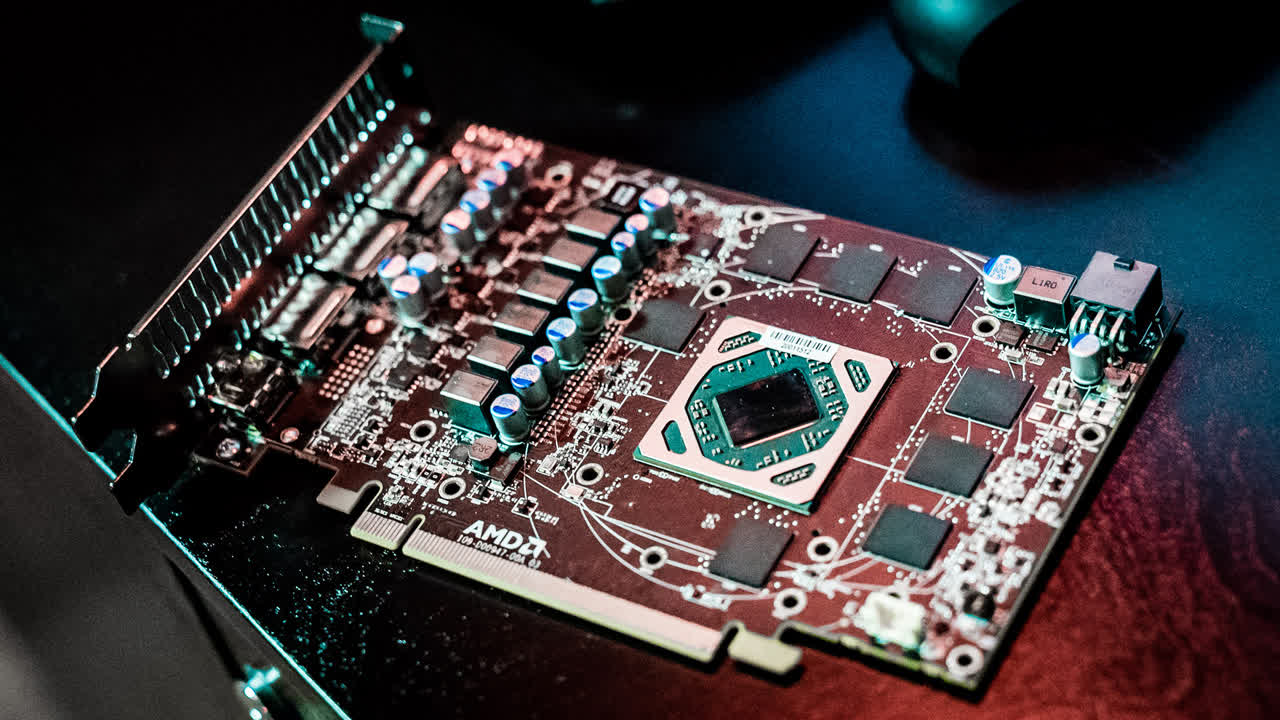In brief: Many crypto mining outfits are being forced to re-evaluate their assets and operations as China continues to extend restrictions on cryptocurrency mining. A Chinese court recently sided with a large cloud mining provider called Genesis Mining, to ensure the return of 485,681 Radeon RX 470 8GB GPUs. Despite the victory, Genesis Mining now has the difficult task of finding homes for a very large batch of aging hardware.
Following their ongoing lawsuit against Chinese hosting provider Chuangshiji Technology Limited, China’s Supreme Court has sided with Genesis Mining and ordered the return of more than 485,000 graphics processing units (GPUs) to the Iceland-based cloud mining company. While the decision may seem like a victory for Genesis, China’s recent crackdown on crypto mining leaves the company with the challenging task of finding homes for an extremely large lot of used, aging hardware.
The legal dispute, which originated in 2018 and has stretched across several years, was based on charging disagreements and payment-related issues between Chuangshiji and Genesis. The ruling orders the former to return over 485,000 Micro Star International (MSI) RX 470 GPUs to Genesis.
Genesis filed suit against the hosting provider in 2019 requesting the return of more than 560,000 GPUs and over 60,000 application-specific integrated circuit (ASIC) miners after terminating the hosting agreement with Chuangshiji. Upon termination, Chuangshiji refused to return the hardware and instead began liquidating it without Genesis’ consent, prompting Genesis to file suit.

Cloud-based crypto mining companies provide customers with the ability to lease mining hash power while alleviating users from the hardware and infrastructure operations that come with crypto mining. These companies typically offer fixed packages that include a fixed amount of hash power (the computing power used to provide solutions to specific proof-of-work consensus mechanisms) in exchange for a flat rate, associated maintenance fees, etc.
The Radeon RX 470s still carry a good deal of value in today’s consumer GPU and crypto mining market. With the total returned GPUs providing a combined hash power of over 14.5 Terahash per second (TH/s) and relatively low power draw they are more than capable of producing mining-related returns.
Gamers and PC users looking for older GPU hardware can also score big with AMD’s Polaris-based 8GB GPUs should Genesis decide to sell them off to non-mining buyers and distributors. Despite their primary use as mining cards, used GPUs in good condition can often be outfitted with new thermal paste and thermal pads to deliver a cost effective 1080p gaming experience.
Statements on used GPUs from manufacturers such as Palit warn of potential 10% reductions in card performance; however, these claims have often been disproven and testing has shown there is little to no difference between new and used GPUs in scenarios where the cooling components are intact and functional.

